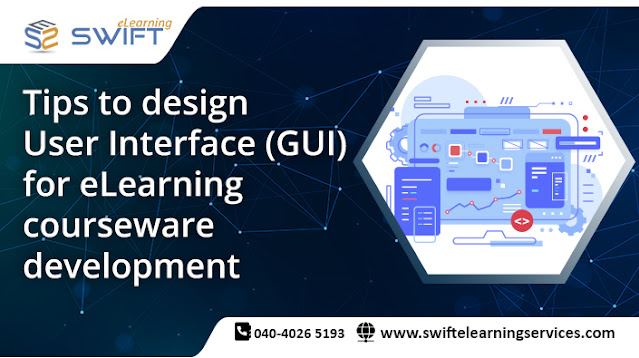Monday, July 12, 2021
How To Script Performance-Based Learning Objectives?
Wednesday, June 23, 2021
How to Accelerate eLearning Solutions Through Partnerships
On keenly observing the lifecycle of eLearning content development, one would be surprised to the extent of end-to-end work involved from conceptualizing the course objectives to launching the course is hugely massive. In exhaustion, if you say, it is almost like making a movie ‘indoors’, you are, in fact, not exaggerating the point.
The gigantic end-to-end process involved is driven by the complexity of strategy coupled with deployment of diverse competencies and amount of communication exchanged, both internal and external, and numerous other tasks involved to deliver a qualitative solution on a timely and cost-effective manner.
In this ever-evolving global uncertainties’ rapidly changing technology landscape, It is imperative for organizations to deliver one-stop shop solutions, both efficiently and in a manner that enhances the net promoter score with the clients.
One wiser idea around is to forge eLearning partnership alliances to deliver eLearning solutions more rapidly, thus enabling win-win situation for all stakeholders.
In this article, we will look at how we can accelerate eLearning design and delivery through partnerships.
Saturday, June 12, 2021
Tips To Design User Interface (GUI) For Elearning Courseware Development
In this blog, we are going to discuss about the use of visual elements for designing eLearning courses, that is, Graphic User Interface (GUI)/ User Interface (UI) for an eLearning courseware development.
Human beings are visual in nature, we respond to visual data more than any other form of data. The human brain processes visual/images 60,000 times quicker than text, and 90 percent of information transferred to the brain is visual.
Did you know, experts trust that the information is 6 times more likely to be stored in brain when presented visually.
So, we can utilize this natural skill in eLearning development process to enhance eLearning design. It makes learning/collaboration easier, that impact organizational performance. Visually rich design keeps the learner’s eyes occupied, and the brain will be alert and active to consume information.
Thursday, June 10, 2021
Tips To Create Engaging Content For Disability Learners - Section 508, AODA
Unlike earlier, now it is mandatory for eLearning content to be accessible to all learners – including learners with disability. There are around 15% of disabled learners in the world’s population. The elearning content developers must think of innovative eLearning strategies to make eLearning accessible to all disability learners.
Learners with disability are of varied kinds. Here are some examples:
A learner who has cerebral palsy may find it difficult to understand or process information. They use voice-recognition software.
- A learner who is blind, depends on the screen reading software.
- A learner who has Dyslexia struggles to read, spell, write, and speak.
- A learner is partially blind.
- A learner has hearing impairment.
- A learner has problem with his fingers and is not able to handle the mouse
Providing effective eLearning solutions to suit the needs of the disabled learners is a challenge for content developers across the globe. Fortunately, there are eLearning solutions which are targeting the needs of the disabled learners. Technology is playing a significant role in providing perfect learning solutions for disabled learners.
In this article, we will look at some significant tips to create engaging and accessible content for disability learners.
Thursday, March 18, 2021
Tips To Measure ROI On Custom eLearning Content Development
Custom eLearning is the trend of the day as the content is customized to suit the organization’s learning requirements. In customized eLearning, the courses are designed precisely by adhering to the guidelines provided by the client. The primary objective of custom eLearning is to augment learner’s performance.
The purpose of the ROI metric is to measure returns on the money invested in developing the custom eLearning solutions.




